Newly released court documents indicate that over a half-dozen companies knew about the rotten egg smells exuding from Chinese drywall since 2006, but they stayed quiet and kept selling the junk. [More]
trade

I Like Smelling Farts, Chinese Drywall Distributor Tells Court
Do you like farts? Documents and depositions unearthed by ProPublica and the Sarasota Harold-Tribune show exchanges between homebuilder WCI Communities and drywall distributor Banner that reveal the sulfur-emitting drywall problem was known as far back as 2006, and yet customers and authorities were not notified. In one deposition, a Banner executive refuses to admit that sulfur-stinking drywall might bother others, seeing as he himself, on certain occasions, enjoys the sweet aroma of another man’s butt gas: [More]
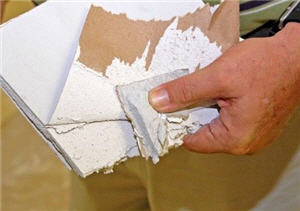
This Is Where Stinky Drywall Comes From
The Consumer Product Safety Commission has released the names of the top manufacturers of stinky, dangerous drywall, which emits high levels of hydrogen sulfide (the source of its stinkiness). According to the agency, drywall from the manufacturers, all based in China, emitted hydrogen sulfide at levels up to 100x greater than samples from non-Chinese manufacturers. [More]
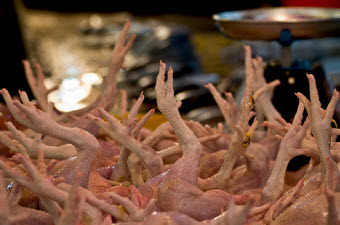
China Wants Us For Our "Jumbo, Juicy" Chicken Feet
The waters of international trade with the Chinese are perilous and murky to say the least. Sometimes it seems that all we do is buy, buy, buy. Not so. We do have something that the Chinese want. Chicken feet. Apparently, our chicken feet are awesome.
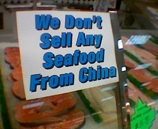
Use Free Trade To Promote Food Safety
National Journal has an interesting article about the intersection of free trade and globalization with increased food safety abroad and at home. Rather than reject shipments of Chinese fish for being raised in disgusting environments, the US should require trading partners to set and enforce their own strict food safety standards and use globalization as a way to promote better standards worldwide, instead of a race to the bottom.

January 1st, 1808: Slave Importation Banned In US
Considering we spend a good deal of time focusing on legislation that protects consumers and/or (usually or) businesses, we thought it appropriate to point out one of the big historical moments of trade law, not to mention human rights—tomorrow marks the “200th anniversary of Jan. 1, 1808, when the importation of slaves into the United States was prohibited.” Hey, it didn’t stop the madness, but at least it was a start.
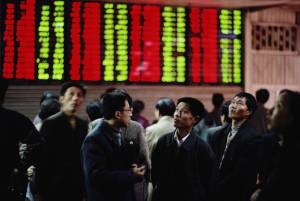
The Truth About Chinese-U.S. Trade
With all the hoopla in the media about all things Chinese—exports, Chinese investors in the United States, the U.S. trade deficit with China, and so on—we thought this myth-exploding article was worth the read. It’s aimed at investors, but relevant to anyone interested in the U.S. economy and how our relationship with China really works. For example, the U.S.’s foreign direct investment (FDI) in China so far this decade is only a third of what we’ve put into Ireland and Germany.
../..//2007/10/13/good-work-america-your-insatiable/
Good work, America! Your insatiable thirst for cheap Chinese goods sucked products worth $878 billion across the Pacific in the past nine months. That’s a 27% increase over last year. What about the Chinese Poison Train? Dong Tao at Credit Suisse scoffs at your concerns: “You know, 40 million toys may be bad for dozens of toy makers in Dongguan. But that’s small potatoes for China’s over $1 trillion a year of exports.” [NYT]
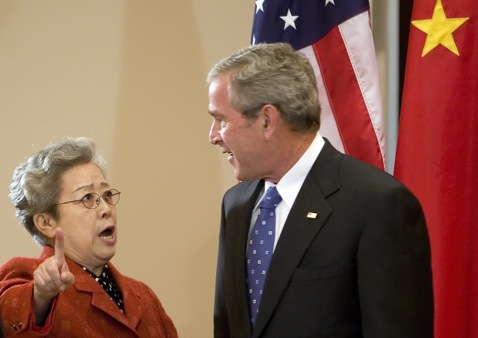
China Appoints Tough Anti-Poison Czar
Meet Wu Yi. The 68-year old Vice Premier, the highest ranking woman in the Communist Party, has been tasked with one mission: toss the Chinese Poison Train back into the rapidly industrializing nation’s toy-chest.

Travelocity Fined $182,750 For Booking Trips To Cuba
As a travel company, you would think Travelocity would know that there is an embargo on Cuba. The U.S. Treasury Department’s Office of Foreign Assets Control filed a complaint against the company earlier this month, alleging that Travelocity violated the prohibition nearly 1,500 times between January 1998 and April 2004.


